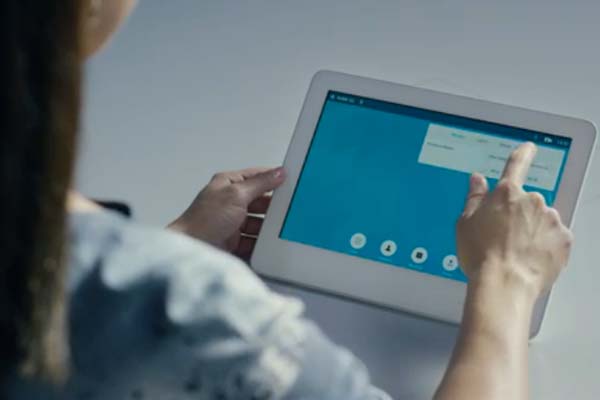Improving Quality of Informed Consent Process

Conclusions from a Georgia CTSA-sponsored quality improvement initiative found multimodal consent and assessment presented sequentially on a touch-screen table were patient-centered enhancements to standard consent. The findings were published in Patient Education and Counseling, Volume 102, Issue 5, May 2019, Pages 944-951.
“Providing truly informed consent is harder than it appears. After years of consenting on the front lines, our team assessed that potential volunteers were not clearly understanding what they were consenting to join or decline,” reports Karen A. Lindsley, Manager, Coordinating Center and Regulatory Knowledge & Support (RKS) of the Georgia Clinical & Translational Science Alliance (Georgia CTSA). “Our study objective was to develop a patient-centered informed consent and assessment tool written at a 6th grade-level that is multimodal, affordable, transportable, and readily modifiable for protocol updates.”
This research investigated methods used in arduous, complex or funded trials on consent that could be affordably applied to local sites. The key intervention consent process components are: Multimodal format, Improved Readability, Interactive process, a Standardized presentation and comprehension measure.
The methods were a quality improvement initiative, performed in two phases on an actively-recruiting study at a pediatric diabetes clinic. In phase I, volunteers underwent the standard-paper consent process, a comprehension assessment and provided feedback. Using their feedback and the structure of the Plan-Do-Study-Act cycle a multimodal consent and assessment were developed.
Use of commonly existing software and affordable tablet for delivery of information were central to the real-world applicability of this quality improvement. A multimodal video of the study-specific IC elements was developed using a narrated PowerPoint, saved as a video. The MM text and narration were both reduced to a sixth-grade level, reading below the standard-paper informed consent.
In phase II, volunteers were randomized to either the standard or the multimodal consent. However, all completed the same comprehension assessment via touch-screen tablet so that posttest formatting did not confound results. Primary outcomes were comparison of the individual and total comprehension assessment scores. The results of total comprehension scores were higher in the multimodal versus the standard consent group and on the elements of benefits, risks, volunteerism, results, confidentiality and privacy.
There is real-world applicability to this initiative. The QI sample were volunteers consenting for an actual antibody-study protocol which serves as a gateway to an array of intervention trials. Improving understanding of disease risk and study elements from the first interaction may have a lasting impact on volunteer trust and relationship-building. Informed consent presentation has been updated with changes to the US common rule. The updated common rule requires that a simplified explanation of key and impactful study elements will be included at the beginning of the consent form. Combining commonly available programs and technology with existing readability tools in a MM format may support those common rule changes and the intended goal of improved IC comprehension. Practice implications are multimodal standardization of delivery with improved readability may strengthen the informed consent process.
The research was supported by the Type 1 Diabetes TrialNet Pathway to Prevention (TN01) Study Group the Emory Clinical Center funded by U01 5U01DK106994-03 to identify study participants, and by the National Center for Advancing Translational Sciences of the National Institutes of Health under Award Number UL1TR002378.
The Georgia CTSA is a statewide partnership between Emory, Morehouse School of Medicine, Georgia Tech, and UGA and is one of over 50 in a national consortium striving to improve the way biomedical research is conducted across the country. The consortium, funded through the National Center for Advancing Translational Sciences (NCATS) and the National Institutes of Health’s Clinical and Translational Science Awards, shares a common vision to translate laboratory discoveries into treatments for patients, engage communities in clinical research efforts, and train the next generation of clinical investigators.